Coaching Software to Grow Skills and Capability Across Teams
Run scalable coaching programs with structure, guidance, and visibility. From manager-as-coach to peer coaching, Qooper organizes sessions, delivers playbooks, and tracks outcomes — all in one place.
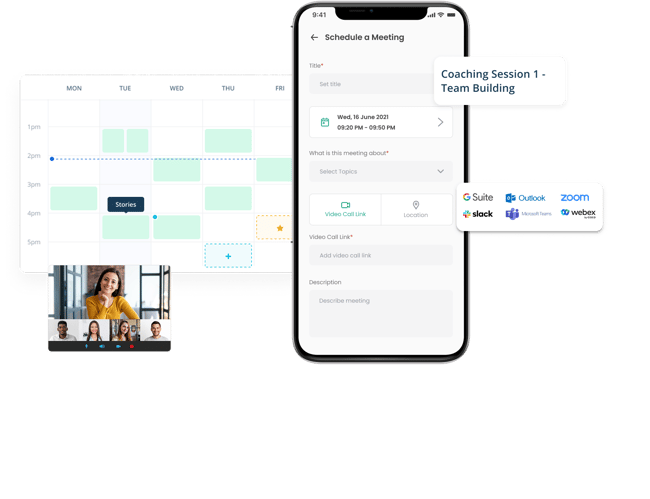
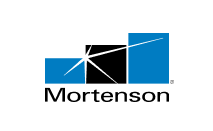



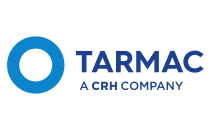
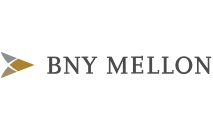
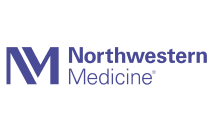


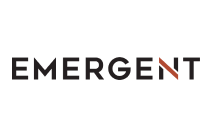
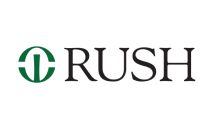




Collect skills, experience level, career aspirations and more
Collect areas that your employees want to develop in to form the best coaching connections.
Determine skill gaps
Understand what type of skills your coaches are looking for to provide the right coaches, groups and trainings.
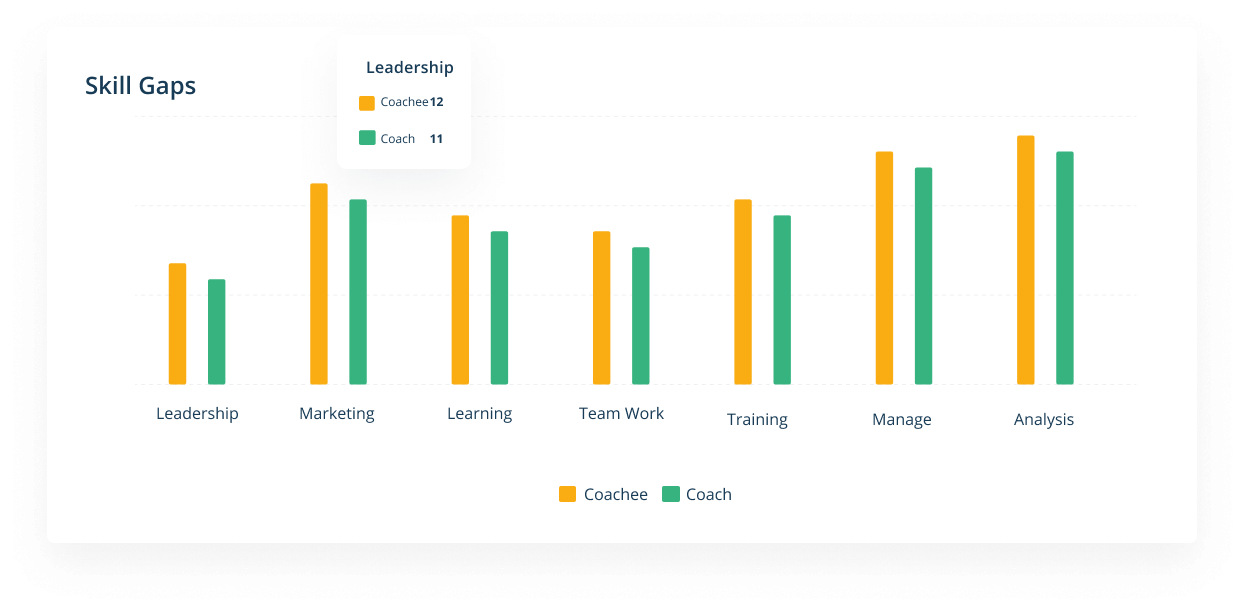
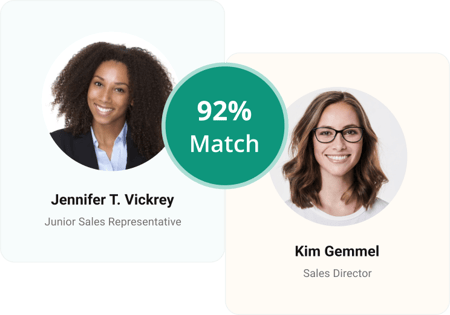
Match coaches and peers with smart matching
Save admin time with Qooper’s AI-powered Smart Matching Algorithm. Adjust match weights or use best practices to enhance coaching program scalability, virtual mentoring, and engagement.
Provide training materials
One of our ATD or CIPD-certified trainers will get to know your organization's goals, program goals, and the population that's attending, to provide the best coaching training.

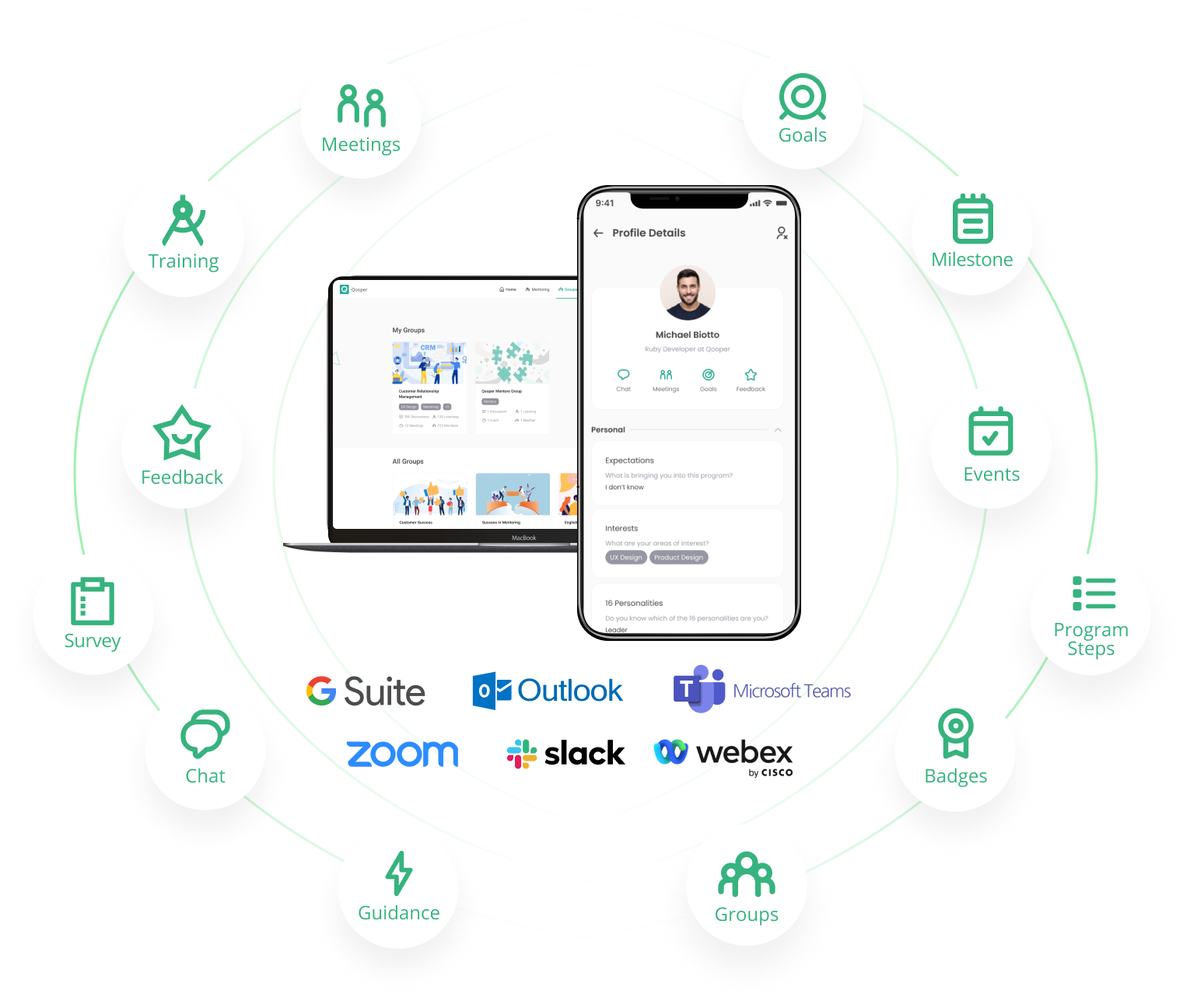
Engage on Qooper's Mobile App
Match your coaching program participants anywhere and at any time. Set goals, chat, share feedback, set up meetings and run scalable coaching programs in your organization on mobile.
Set up coaching sessions easily
Integrated meeting scheduler with recommended session agendas and topics allows users to book coaching meetings directly from Qooper’s Mobile App.
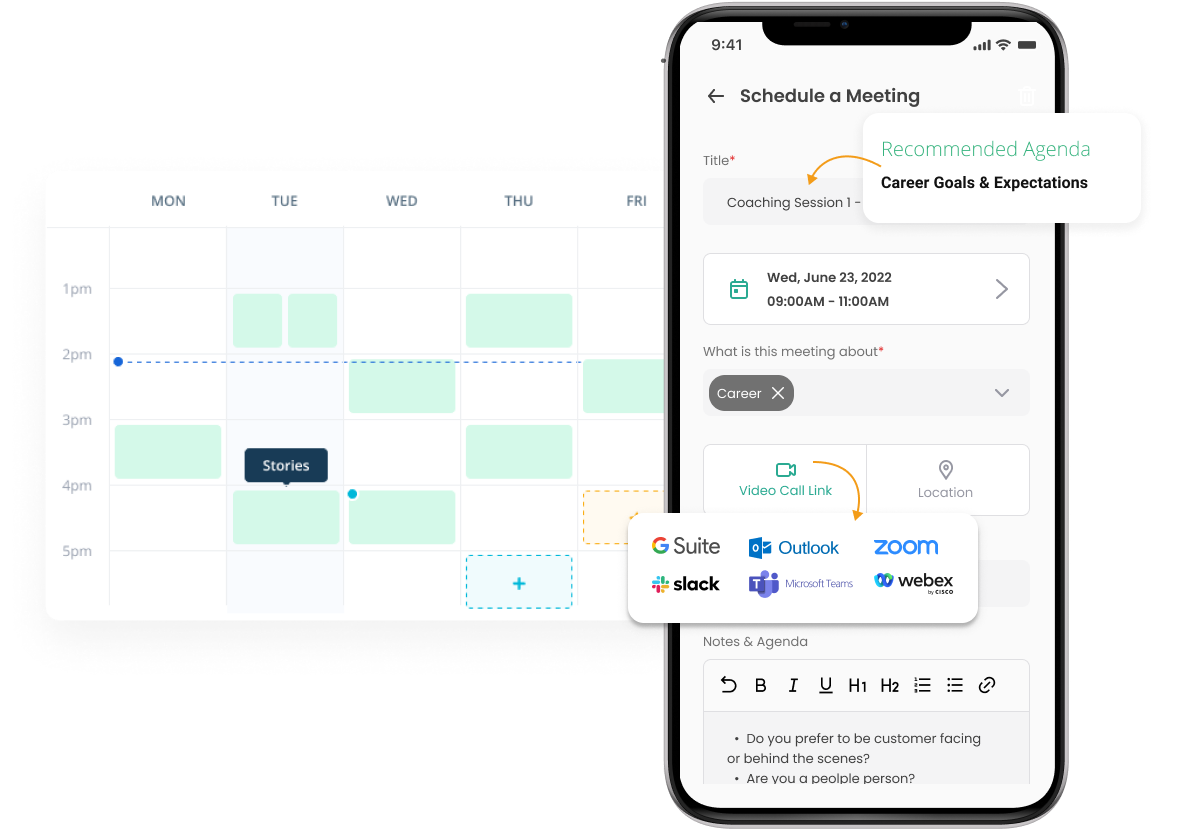
.png)
Engage in peer coaching circles and communities
Integrated meeting scheduler with recommended session agendas and topics allows users to book coaching meetings directly from Qooper’s Mobile App.
Track coaching relationships
Track coach-peer connection progress and review feedback through surveys and feedback forms.
Identify successful relationships and flag stalled connections to take corrective action, improving overall program effectiveness, participant satisfaction, and coaching program ROI.


Access reporting and measurements
Gain data and analytics in your mentorship program with analytical reporting features. Track essential success metrics and performance metrics.
Access results from:
- Program and individual progress
- Surveys with survey integrations
- HRIS integration
- ROI calculator
#1 Rated Software, Service & Integrations For
Mentorship & Learning
Starting a Mentorship Program? Qooper is easy-to-use!
"Qooper has everything you need to get a mentorship program off the ground, no custom development or heavy lifting required. It's easy to implement, simple to navigate as an administrator, and provides a seamless experience for both mentors and mentees with its intuitive user interface. Highly recommend."
Lea B.Tommy Bahama
Support from day one.
"Thank you for being an excellent partner who has supported us from day one, following up and keeping us up to date with the new features, preparing a business case for us (which is extremely helpful for me because you have done half of my job), providing suggestions, and assisting me in managing our program despite our small team."
Cindee P.Cotiviti
Matched with the right mentor, engaged every step of the way!
"Qooper's matching algorithm paired me with the perfect mentor during Northwell's Inaugural Mentorship Program – what we now call the world's best algorithm, because it was spot on! It made the entire mentoring journey feel personalized and intentional from day one."
Dani L.Northwell Health
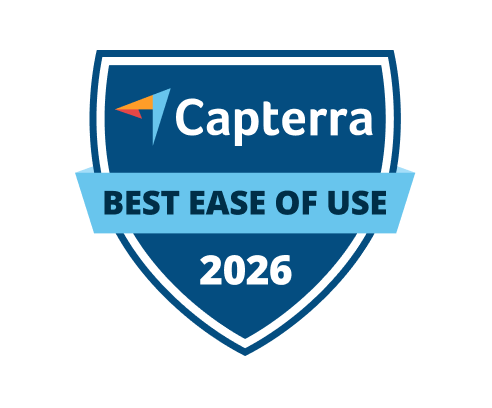
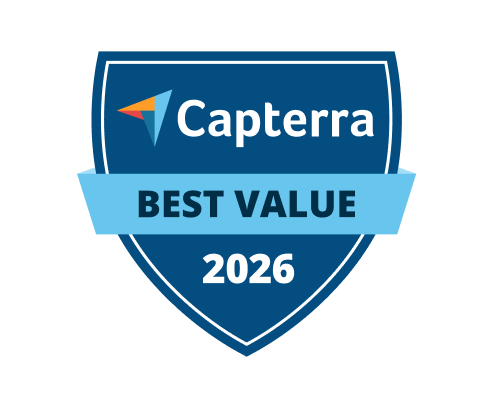
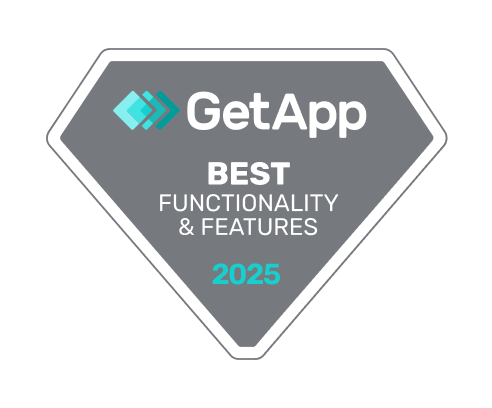
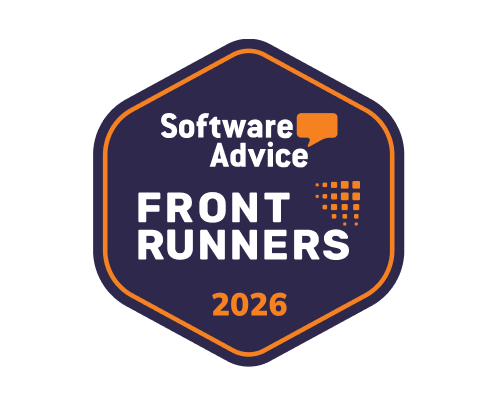

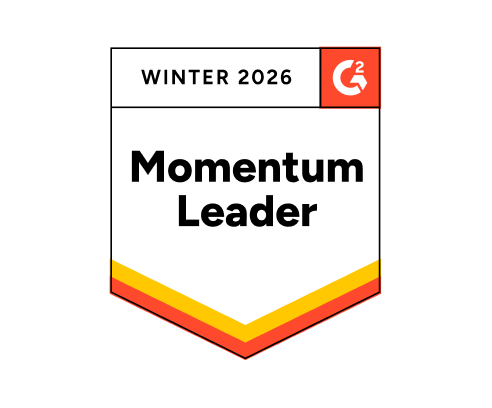
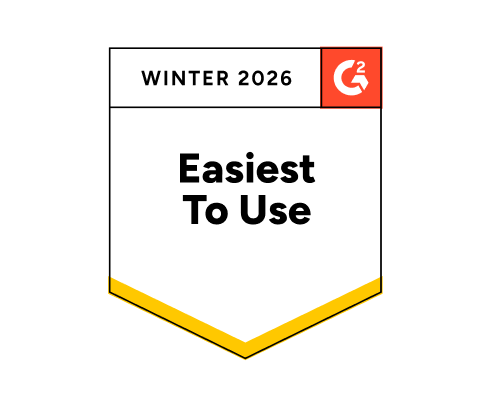
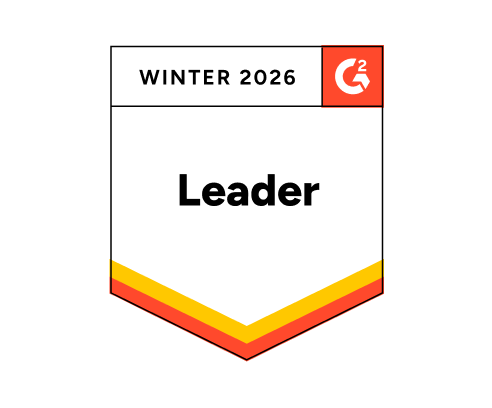
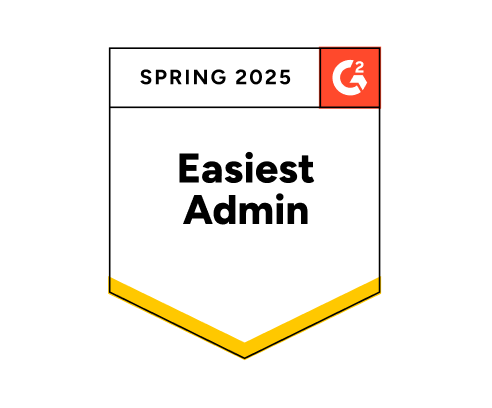

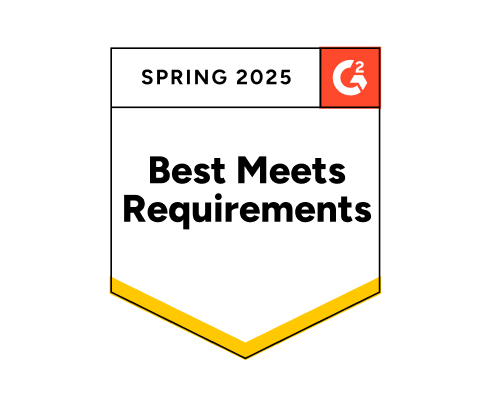




Want to explore more?
Discover how Qooper can help your organizational goals and people development today.





